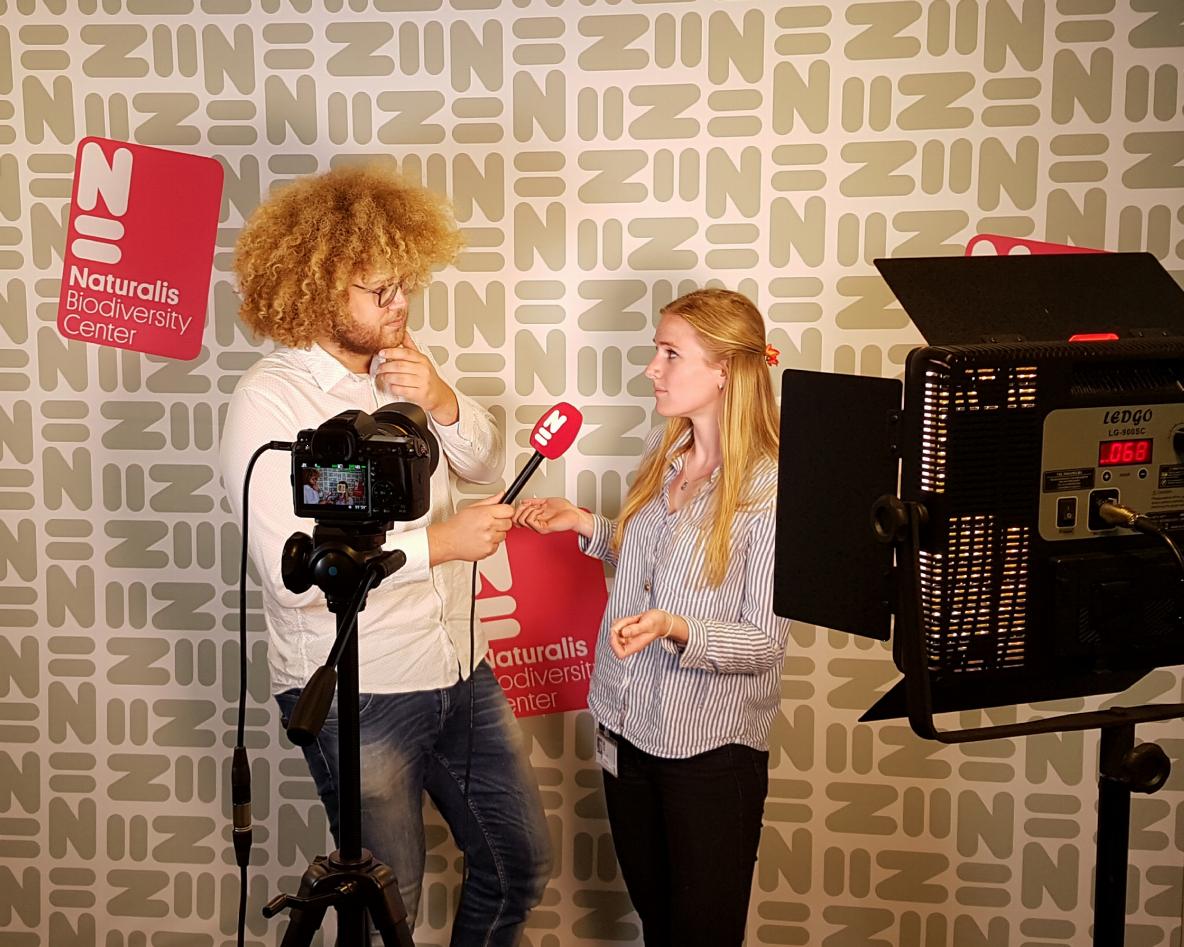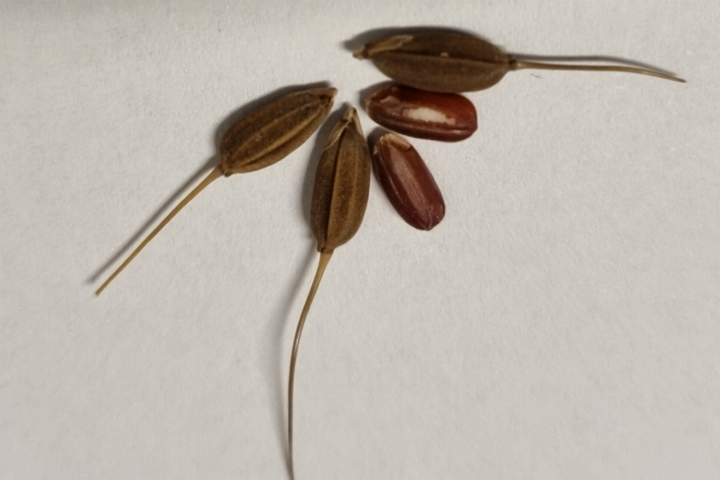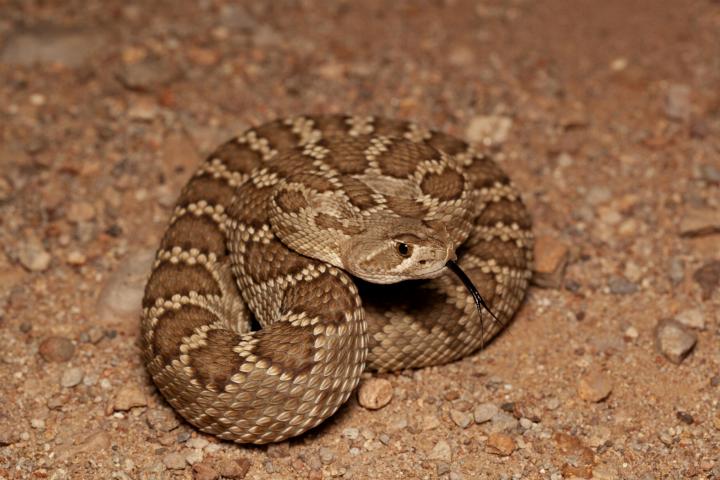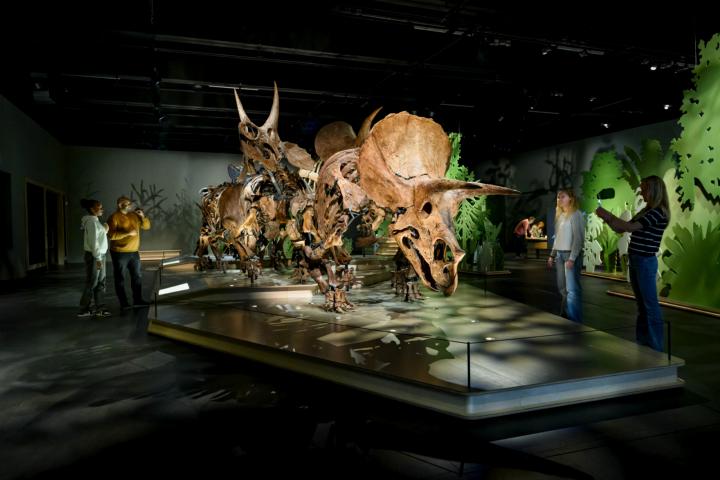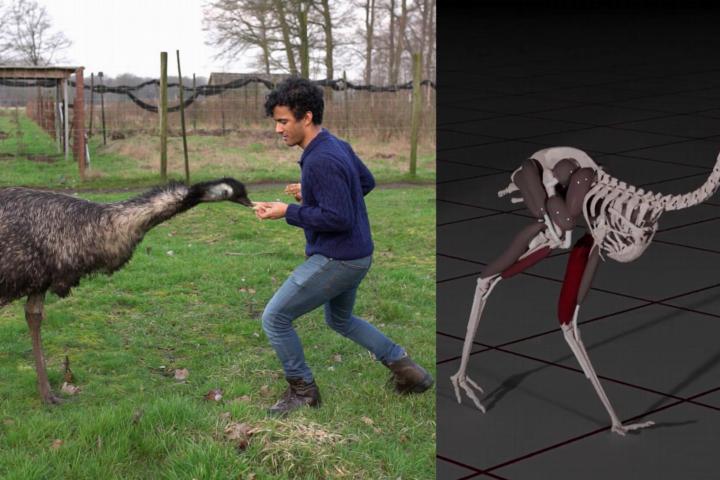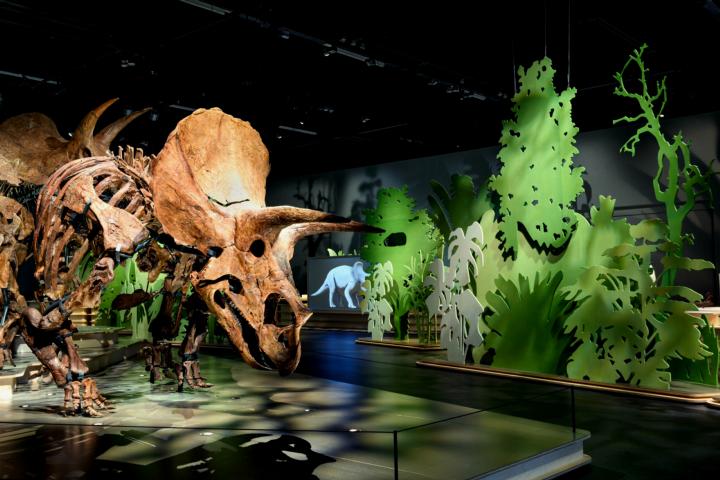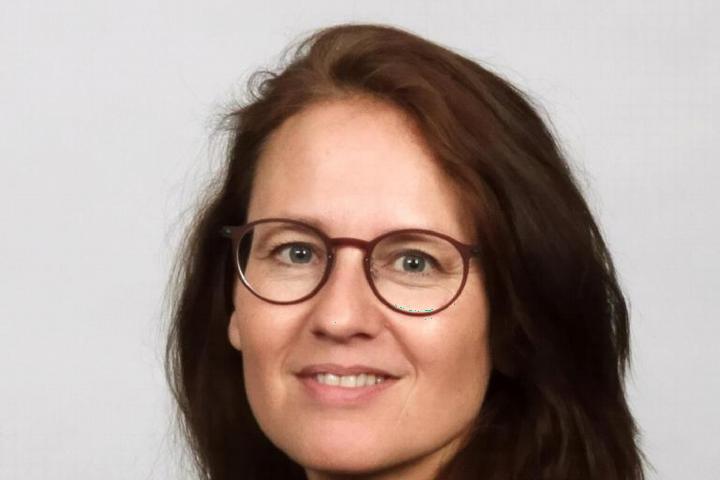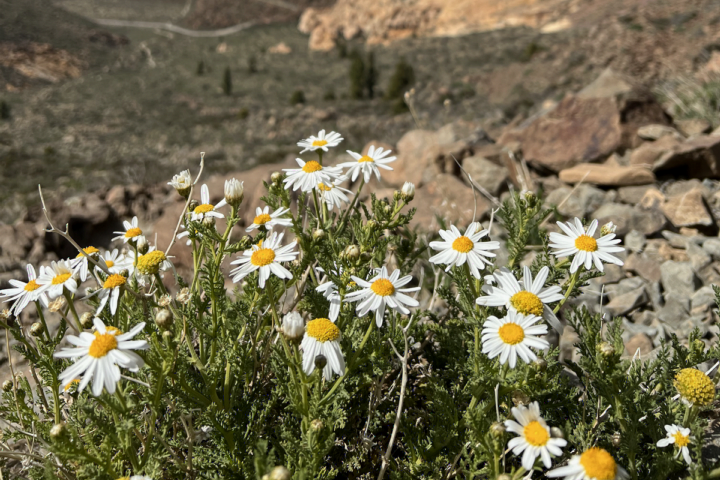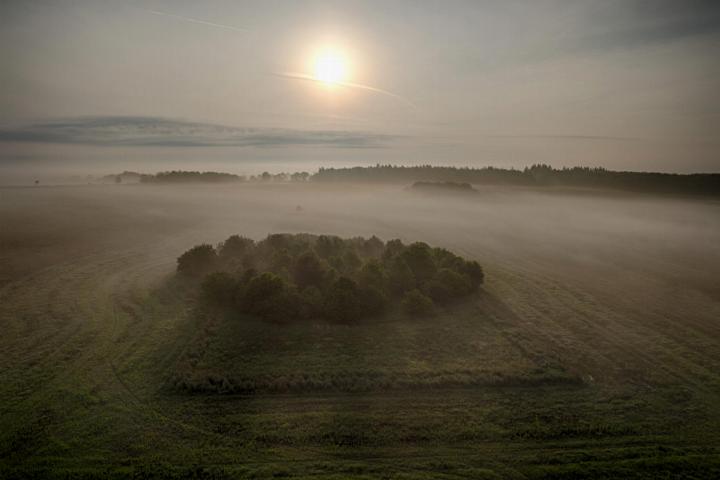What if big fruit eaters disappear? Naturalis researcher will find out
What happens to plants when the animals that disperse their seeds go extinct? Naturalis researcher Renske Onstein has received a VIDI grant to investigate this question.
Rice DNA tells the unwritten history of Suriname
For centuries, descendants of Africans who escaped from slavery, known as Maroons, have been growing rice in the interior of Suriname and French Guiana. New genetic research combined with ethnobotany by Wageningen University & Research and Naturalis…
Venomous Finds Dutch Biologist Finds New Ways To Study Snake Venom
Dutch biologist Mátyás Bittenbinder developed new, non-animal methods to investigate tissue-damaging snake venom. In this way, he hopes to contribute to solutions for victims. Millions of people are bitten by venomous snakes every year. Of these, 400,000…
Unique dinosaur exhibition at Naturalis, the Netherlands
Naturalis Biodiversity Center is the first and only museum in the world to present a herd of five triceratopses. Experts from Naturalis worked on the unique discovery for over a decace. Eppo Bruins, minister of Education, Culture and Science, opened the…
Bird paradox solved Why emus run differently from us
At first glance birds may not seem good runners. Try it yourself: bend your knees and run around on your toes while keeping at least one foot on the ground at all times. This feels unnatural to a human, but birds do this regularly. An international team…
Naturalis shows off unique find in a new triceratops exhibition
On October 18, Naturalis will open Triceratops: the herd . It will be a family friendly and interactive exhibition. The heart of the gallery is formed by the unique collection of five triceratops skeletons.
Nicole de Voogd is professor once more
Marine biologist Prof. Dr. Nicole de Voogd is starting a second term as professor at Leiden University. Her new appointment is at the IBL, the university's biology institute.
Daisies in isolation: the astonishing diversity of botanical family Asteraceae on oceanic islands
A new study reveals that Asteraceae, the botanical family that includes daisies and sunflowers, forms the most diverse group of plants on dozens of islands worldwide. The humble daisies may turn out to be a gold mine for understanding why and how new…
Naturalis collaborates with Treeconomy and Nattergal for carbon removal
Naturalis will be collaborating with Treeconomy and Nattergal to deliver a purchase of carbon removal credits from a biodiversity recovery project. This unique collaboration aims to compensate for CO2 emissions by investing in a rewilding project in…
